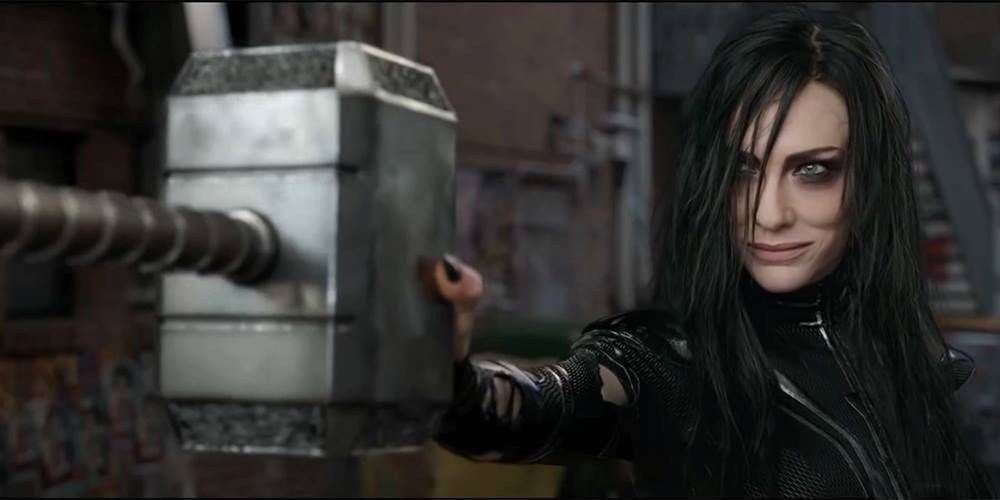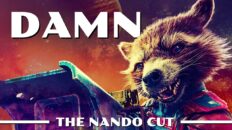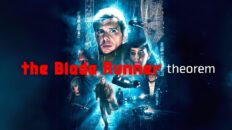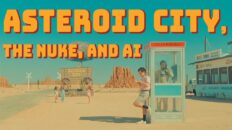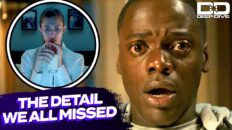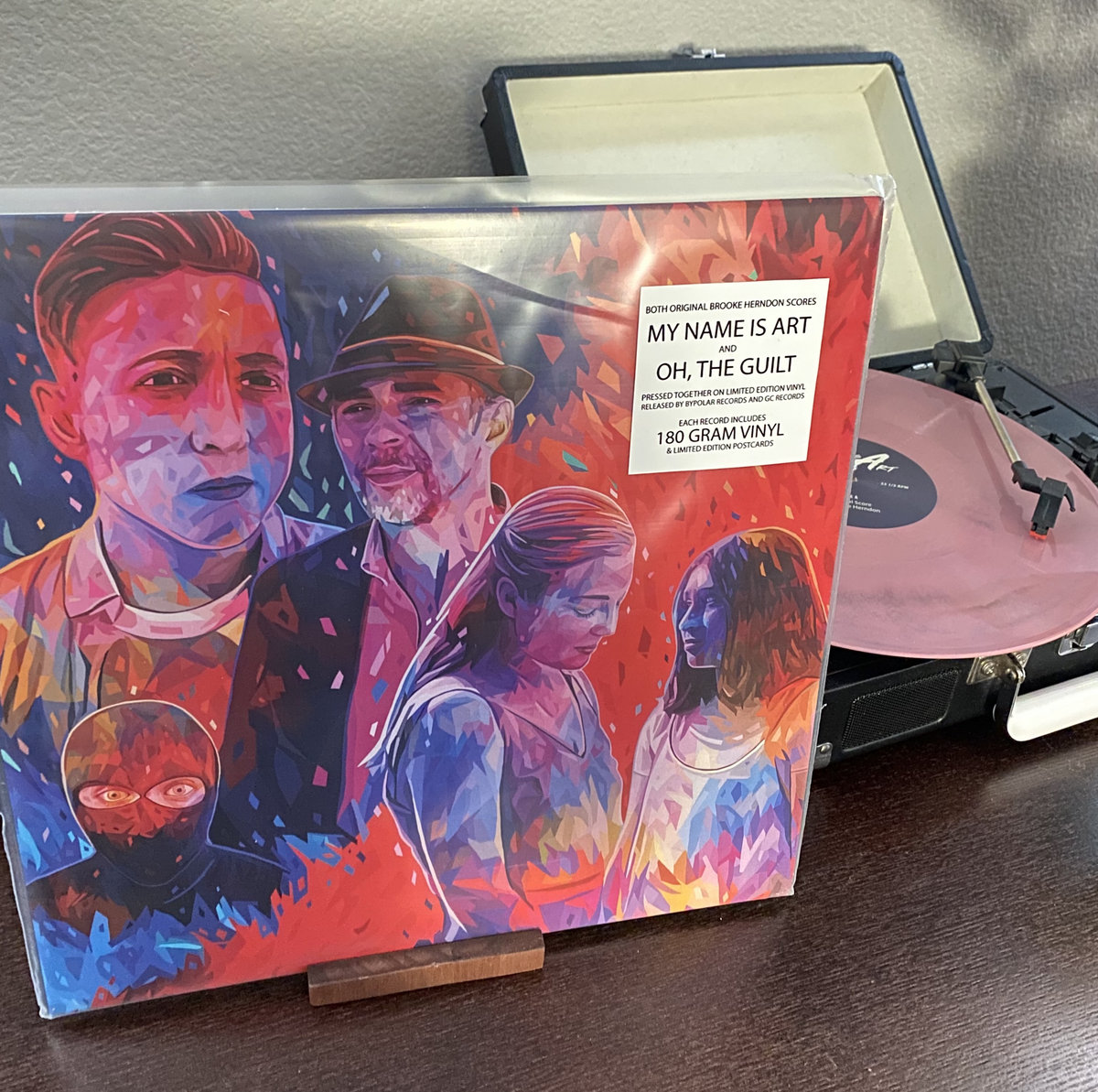“To love a person is to love a process.” – David Dark, The Sacredness of Questioning Everything
***
There is something uncanny in the Marvel Cinematic Universe’s (MCU) Thor (Chris Hemsworth). He’s almost invariably cheerful—whether battling demon-like creatures, butting heads with fellow Avengers, fighting to protect his fellow Asgardians, or taking yet another betrayal from his brother Loki (Tom Hiddleston) in stride—Thor seems to relish taking action that his internal moral code deems necessary the same way we might participating in a favorite hobby. As such, this is a hard character to write and throughout his three solo films in the MCU has not always been as engaging or relate-able as some of his fellow Avengers like Iron Man, Captain America, or Black Widow (who hasn’t even had a solo film of her own). Indeed, of the “big three” (Iron Man, Captain America, and Thor), Thor’s solo films have felt the most incongruous and scattershot.
Thor: Ragnarok may be the best of the “trilogy” though, even if it bears little thematic or stylistic similarities to its predecessors—and even if it over-indulges in camp and corniness at times. The jokes come fast and furious here and appear to be a fusion taken from The Avengers films, The Guardians of the Galaxy films, new-to-the-MCU-director Taika Waititi (What We Do in the Shadows, Hunt for the Wilderpeople), and Jeff Goldblum being his quirkiest self. At times during the extended second act of the film—which serves as a mashup of the Planet Hulk storyline and a typical story involving the Grandmaster pitting heroes against each other from the comics—I was reminded of science fiction cult films like Flash Gordon, Logan’s Run, and even The Adventures of Buckaroo Banzai Across the 8th Dimension.
If all that sounds a little overwhelming, it is. And I haven’t even mentioned the extended Dr. Strange (Benedict Cumberbatch) cameo, the primary villain Hela (Cate Blanchett), newcomer Valkyrie (Tessa Thompson), a larger role for Heimdall (Idris Elba) than in the previous films, or the event the film takes its name from—Ragnarok, which in Norse mythology entails the death of the gods and the end of the world—yet. The film does suffer from being packed to the gills with characters, locations, and plot points that make it feel haphazard at times and without room for the characters or the audience to breathe. Still, it all winds up working probably better than it should, somehow tying itself together along with placing itself squarely in the center of the greater MCU.
While the film deals with the end of the world, or at least the fictional version of Asgard, it’s not particularly weighty in terms of themes, with a few notable exceptions. First, there is Hela, the Goddess of Death, who returns from exile to conquer Asgard. In a notable change from the character in the comics, here she is portrayed as Odin’s (Anthony Hopkins) firstborn, elder sister of Thor and Loki (who we are reminded is adopted). The significance of this change is made clear in a scene where Hela tears down the painted murals in the Asgardian palace which depict noble, heroic Odin and Thor and reveal Odin and Hela as savage, conquering warlords. This revelation works on multiple levels: first, as the literal backstory for Hela, but more interestingly as a nod to the much more fierce and violent Nordic mythology that the comic version painted over as wholesome for children reading about superheroes in the mid-20th century. It also can be read on a cultural level as a statement about how Christianity in the form of the Holy Roman Empire “painted over” the more brutal European tribes and civilizations that came before. This last application might be a stretch, except for a rather explicit shot at one point of Thor standing over a fallen bit of mural, an image of himself that could pass for the whitewashed version of Jesus one might find as a painting in any local church.
The film also manages to explore the idea of change—of individuals, not as complete, but as becoming, and as travelers on the road to becoming who they are as individuals and jointly looking for a communal home. Thor remarks at one point to Loki that an important part of life is about change, but Loki never seems to stop trying to betray him (in fact, at this point across 4 MCU films, this aspect of Loki’s character is beginning to grow tiresome). But seemingly real change does come to Asgard and its residents by the film’s end, which is something that hasn’t always stuck in the MCU (see Tony Stark retiring the Iron Man suit in his third film). And as Thor begins the process of becoming a king, we might ask ourselves if we love our superheroes as static, always-the-same characters or as growing, transforming characters, part of a process of change.


